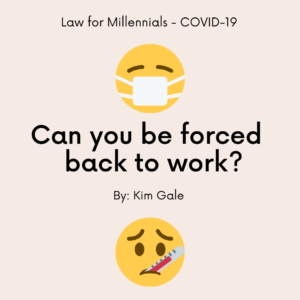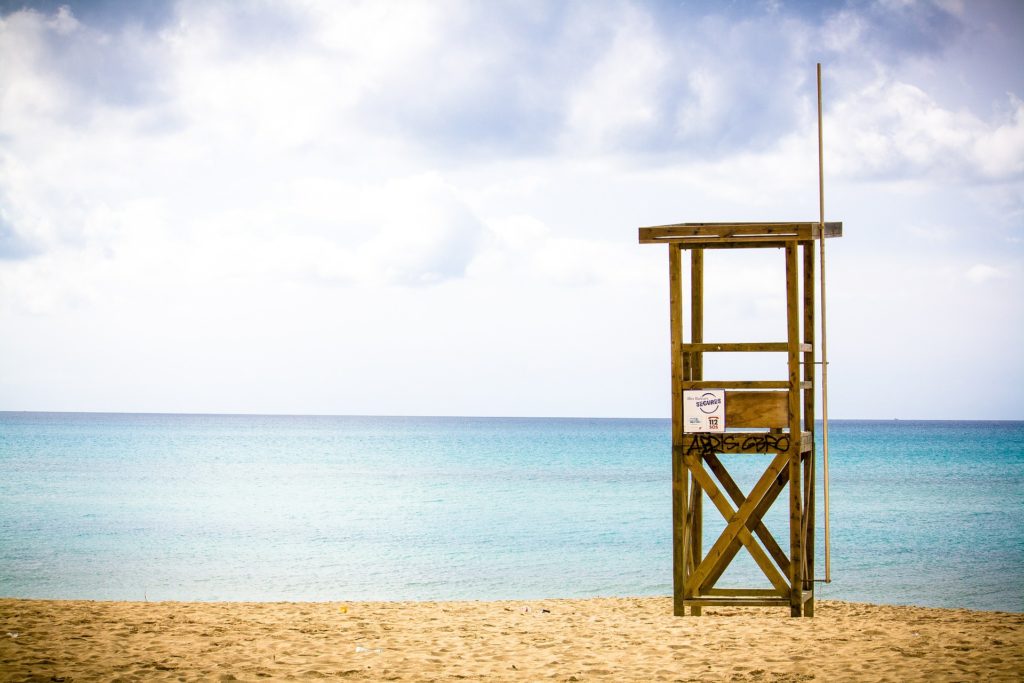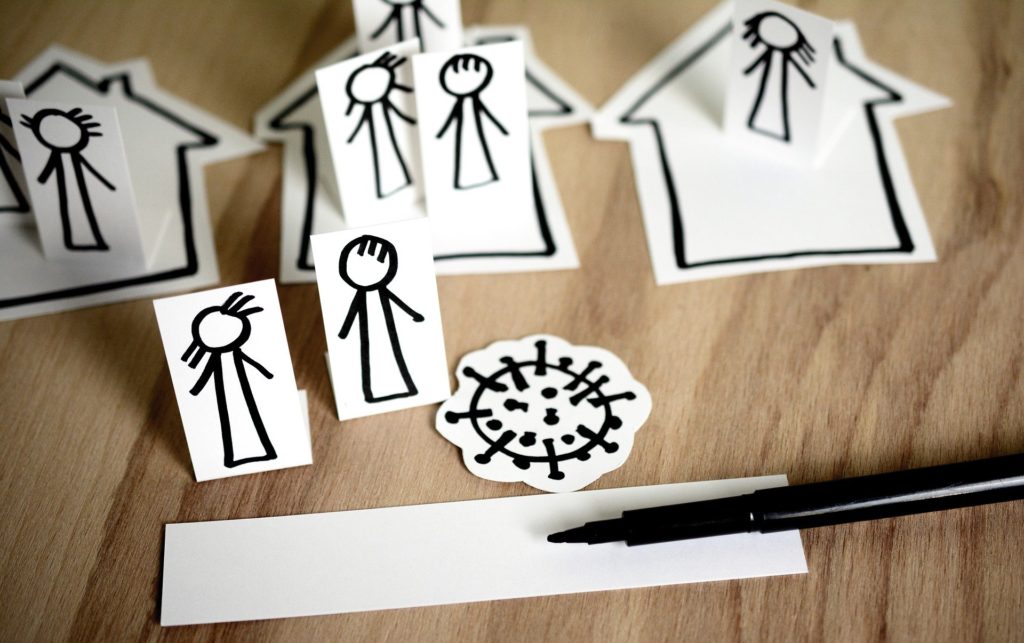
COVID-19. It has affected all of us. Stricken us with fear and some of us grief. There is still so much uncertainty as to when things will go back to “normal” (or “new normal”).
The one question lingering remains – should you be forced to go back into that downtown office which may expose you to a deadly virus?
The conundrum on going back to work is, well, a conundrum. What are your rights?
Let’s get this point over with – if you have the usual/general COVID fear, that doesn’t give you a right not to work. Refusing to go back can be seen as you abandoning your job. This may give your employer a reason to write you up for misconduct (or fire you).
I know, if only you can become that influencer, you wouldn’t have these COVID worries. But the reality is that you need a legitimate reason, founded in law, why you are unable to show up to work.
The law? Well there are 3 perspectives that particularly relate to work and COVID.
Occupational Health and Safety
You have a right to a safe workplace.
This means your employer has a duty to take “reasonable precaution” to protect their workers from injury and illness, including COVID.

So if your workplace put together all those “protocols” you’ve got a million emails about, then safe bet (pun intended) they’re probably meeting their obligation to implement clear and comprehensive safety protocols. But – if these protocols aren’t adequate and keeping you safe, you may sound the alarm and insist on better safety protocols.
If you wanted a deeper reading on this (which I know you don’t) check out the Occupational Health and Safety Act, RSO 1990, c O 1 and the Canada Labour Code, RSC 1985, c L-2.
This legislation looks at your rights to refuse unsafe work if you believe it will endanger you.
Now you know why every company you’ve ever given your email to has sent you their COVID-19 protocol!
Human Rights
This actually relates to discrimination in the workplace.
All employees in Ontario have the right to be treated equally under the Ontario Human Rights Code, RSO 1990, c H 19 (“HRC”).
Employers have an obligation not to discriminate, for example, on the basis of race, ethnicity, place of origin, ancestry, disability, or family status.
According to the HRC, your employer has a duty to accommodate you up to the point of “undue hardship”.
So this means, if you have a family status issue, such as living at home with parents and not wanting to expose them, or you have a baby with no sitter/daycare, you should be able to discuss reasonable accommodations with your employer.
Your employer must accommodate you, unless these cause him/her “undue hardship.”
Some examples of “undue hardship” is the cost of the proposed accommodation and resources of your employer.
The reality is that if you need accommodations, you should seek these from your employer and explain your reasons for requiring this. At least raising this issue means reasonable accommodations were discussed and your employer was made aware of your family status, which means they have an obligation not to discriminate against you.
Employment Standards
Let’s put it out there – if you get sick, your job is protected for a specified amount of days.
This is under Ontario’s Employment Standards Act, 2000, SO 2000, c 41 (“ESA”).
In the event of personal illness, injury, or a medical emergency, family responsibility leave, family medical leave, family caregiver leave, and critical illness leave, employees are protected from job loss when they take unpaid sick-leave (for a specified number of days).
A COVID addition thanks to our fast-acting government now protects “infectious disease emergency leave”.

That means if you have to self-isolate because of COVID, or tested positive, or other reasons specific to COVID (taking care of someone with COVID, etc), your job is protected (phew).
You should speak to your employer about the specified amount of days your job is protected to make sure you are not out of work for longer than you are protected.
So. What does this mean for me?

If you have anxieties about returning to work, know you are not alone!
We all have different workplaces and family statuses – but we have the same fear. We all want to be safe.
Protocols at work should be put in place to reduce any risk. If you need accommodations, speak to your employer. If you’re sick, speak to your employer to know how long you can be away.
I wish I had a crystal ball to tell you when we would all be safe to congregate, when Tik Tok runs out of social distancing material (so many dance videos), and when we can get back to actual normal.
What I can say is make sure you speak up to your employer so that your voice and concerns are heard!





